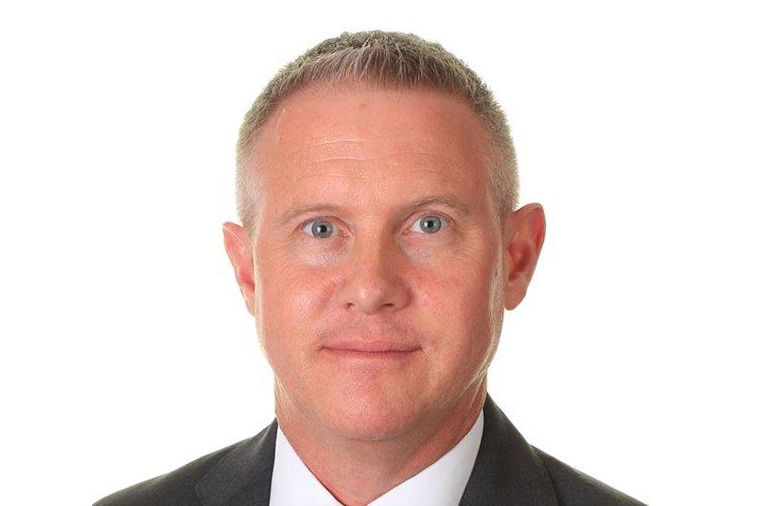James Rodger is BearingPoint's Regional Leader for UK and Ireland as well a member of their Global Management Committee. He has spent the whole of his consulting career in the automotive industry working primarily in the sales, marketing and aftersales arena. James spoke to the MCA about BearingPoint's growth in the UK and the future of the automative industry.
What is your vision for BearingPoint in the UK consulting marketplace?
We want to be seen as a trusted advisor by the clients that we work with, supporting them in operationalising their strategies to deliver tangible business results. We are very focused on growing our UK firm particularly in the areas of digital transformation, operational performance improvement, analytics and regulation.
How is your recruitment strategy supporting this growth agenda?
We have always had a long-term commitment to the recruitment of experienced graduates, even throughout the financial crisis. But we are also actively looking to recruit experienced consultants who have expertise in the industries and service lines that we are focusing on.
BearingPoint is very integrated across Europe. How does this help your clients?
One of the key principles underpinning our management buyout in 2009 is that we operate as one firm and are not restricted by geographic barriers or artificial organisational impediments. For my team this means we can fully support the needs of our UK clients by leveraging both our own expertise and the capabilities of over 3,500 consultants and a range of innovative software assets from across the wider firm.
You currently partner with a number of academics in producing thought leadership as part of the BearingPoint Institute. How does this help your clients?
We very much view it as a departure from traditional thought leadership. The BearingPoint Institute is informed by our own consulting experiences and is a key part of the value we are able to bring to our clients. We combine our knowledge in the field with primary research to give advice and insight in the areas we feel are important to our clients. We publish thought leadership throughout the year that is both cross-industry and specialist. It is very pragmatic and has produced some innovative original ideas.
You worked in the automotive industry for 12 years prior to switching to consulting. Why did you decide to join the consulting industry?
For me it was the right time in my career to look to try something different. Consulting really appealed to me as it gave me the opportunity to leverage my industry expertise whilst learning new skills, broadening my horizons and giving me fantastic variety and new challenges.
I believe that the work we undertake for our clients defines who we are as consultants. Most of my consulting life has been spent working across the full automotive value chain and the experience I gained during my early career within the industry has been invaluable. Having a blend of deep industry expertise combined with strong consulting skills has undoubtedly made me more effective in understanding, supporting and adding value to the clients I have worked with.
What are the challenges facing the automotive industry over the next 10 years?
What has always fascinated me about the automotive industry is that it is continually changing – so as a consultant working in the sector you are never bored!
Looking at the challenges and opportunities facing the industry I think the growth of connected cars will be a major driver of change. With the car becoming a connected device and an extension of our digital lives, this will provide a number of new challenges and opportunities; potential new business models, new digital ecosystems of partners and suppliers that car manufacturers will work with and new ways of interacting directly with the owner of the vehicle. Equally the technological changes in vehicle powertrain such as the growth of electric and hybrid engines and the emergence of autonomous self-driving vehicles will also lead to opportunities and challenges for the industry.
In broader terms, the impact of digital is changing consumer behaviour and expectations. The industry must adapt its long-established operating models to accommodate these changing patterns of consumer demand and interaction. We are also seeing an increasing shift from the traditional car ownership model to car usage leading to a growth in car sharing, car clubs and new mobility solutions.
What tips would you give to a young consultant starting in the industry today?
Don’t specialise too early. There is always a temptation for young consultants to look to specialise straight away but at the start of your career the breadth of knowledge, experience and skills that you develop will form a critical foundation on which to build your future career.
And always challenge. It is the role of a consultant to challenge establish thinking, the status quo and ourselves to make sure that what we deliver to our clients is always adding value.

